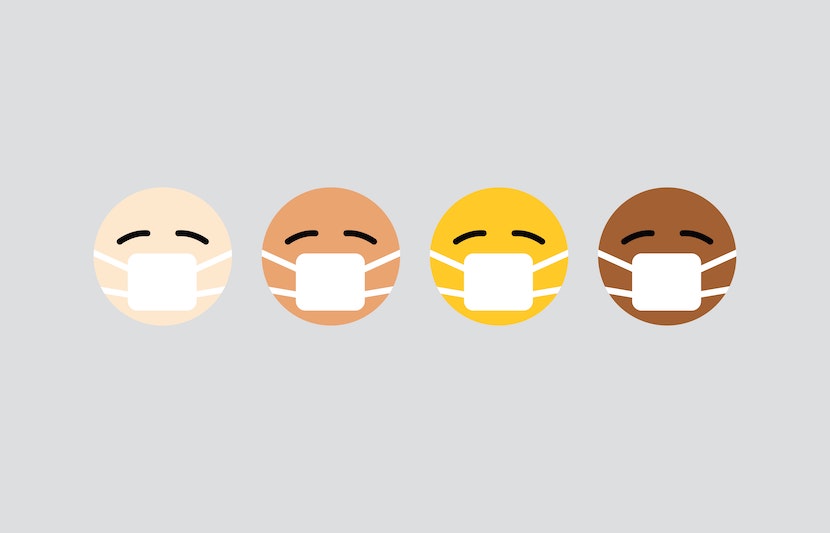A range of skin tone options for emojis was first introduced in 2015, leading to fears that the icons, if used inappropriately, would provoke negative racial sentiments online. A recent study by researchers from the University of Edinburgh in Scotland, however, has found that emoji skin tone options promote diversity, and not racism, on Twitter.
The researchers surveyed over one billion tweets from around the world and concluded that the use of emojis with skin tone options has been positive and the options offer users a form of self-expression.

“The introduction of skin tone choices for emojis has been a success in representing diversity and their extensive use shows that they meet a real demand from users,” Dr. Walid Magdy, assistant professor in the University of Edinburgh’s School of Informatics and co-author of the study, said in a statement.
The research paper, “Mining the Relationship Between Emoji Usage Patterns and Personality,” will be presented at the 12th International AAAI Conference on Web and Social Media, June 25-28 in Stanford, California.
The Findings
The researchers found that most users who changed their emoji skin color chose a skin tone that matched their own.
Additionally, in cases where emoji use differed from the user’s skin color, tweets were found to be mostly positive.
“This suggests that if it is an option, then people will indeed take advantage of a representative emoji to reflect their personal identity,” said Alexander Robertson, research postgraduate student in the School of Informatics and lead author of the study.
They’re not a superfluous addition to keyboards but satisfying a real need for expression for millions of people every day.
Skin Tone Trends
The study found that light skin tone emojis are used most often, because most users are white. This trend points to the fact that there are more lighter skinned people with internet access around the world.
However, the researchers also found that users with darker skin were more likely to change their emoji skin tone than users with lighter skin.
This finding underlies the importance of all users having the ability to express their personal identity online.
“The Unicode Consortium, which oversees the emoji standard, has stated that it aims to increase the extent to which emojis reflect human diversity,” said Robertson. “This study is important because it provides the first ever quantitative analysis of skin tone modifiers, even though they’ve been in use for over three years. We showed that, contrary to many expectations in the media, skin tone modifiers are used positively around the world.”
New Additions
New modifiers for hair diversity have been finalized and will be released in June 2018. This will give users the option to change hair color and style for male and female emojis, such as red hair, curly hair, white hair and baldness.

“With new modifiers for hair being introduced this year, the methodology of this study could easily be replicated to study how well those changes to emoji have helped promote diversity. And it would then be interesting to see which emoji modifiers are most popular,“ said Robertson.



